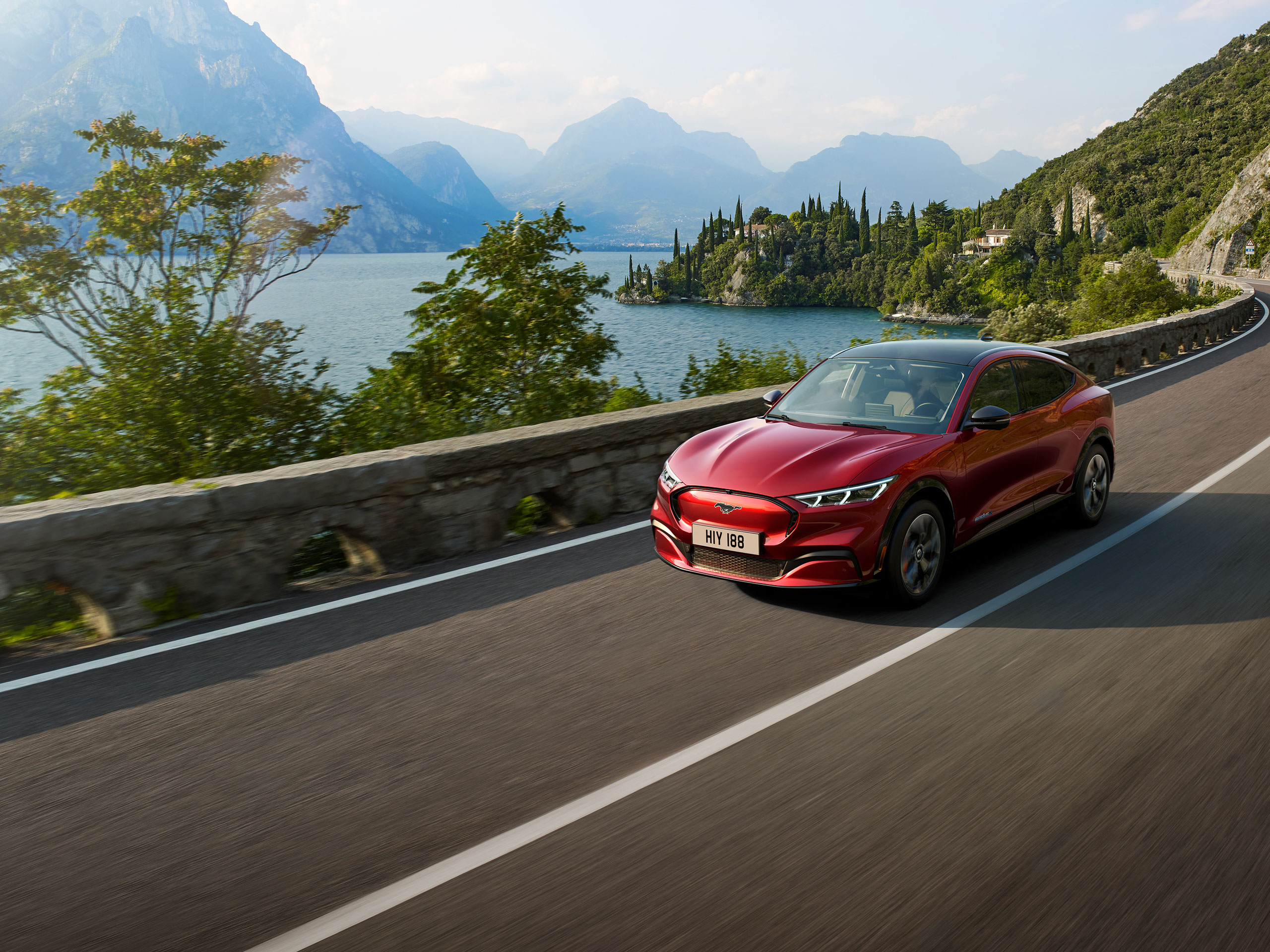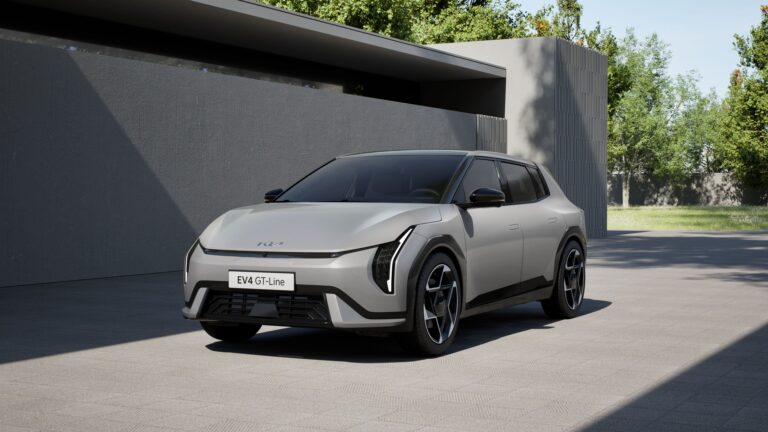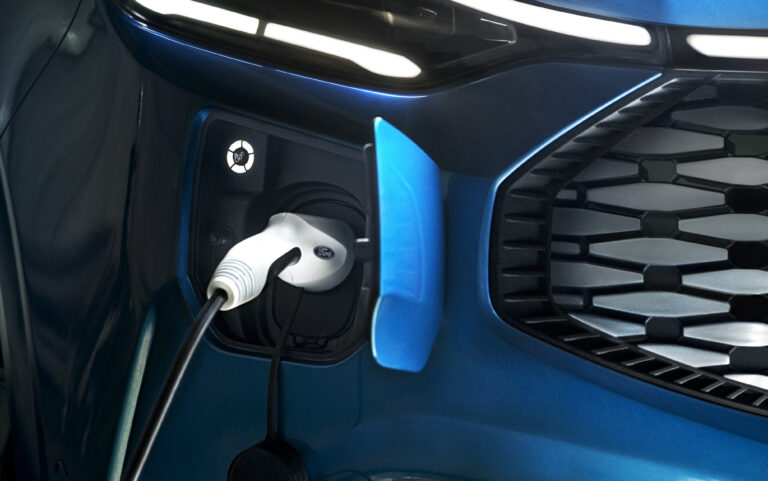Do I need a Vehicle on Hire Certificate?
If you’re a UK motorist driving in mainland Europe with a UK registered vehicle, you must carry the original Vehicle Registration Document (V5C). However, if your vehicle is rented or leased, you will not have the registration document. Instead, you’ll need a ‘Vehicle on Hire Certificate’ (VE103B), which serves as a substitute for the V5C.
This certificate is essential, as failing to carry it could result in your vehicle being impounded by Police or Customs. No other document, such as a letter of authority or a photocopy of the registration, will be accepted.
A VE103B certificate is valid for 12 months, so ensure you apply for one before traveling.
How do I get a Vehicle on Hire Certificate?
Contact Bussey Vehicle Leasing by email or telephone. We are responsible for issuing the VE103B certificate. Be prepared to provide information such as the driver’s name, vehicle registration number and the dates you plan to travel abroad.
The VE103B certificate will be sent in the post or emailed to you. In some cases, you may need to collect the certificate in person if required urgently.
A VE103B certificate is valid for 12 months. Ensure it covers your travel dates and renew it if necessary for future trips. Always carry the VE103B with you when driving abroad, as it is a legal requirement and substitutes the original Vehicle Registration Document (V5C).
We would like to remind you that the maintenance, servicing and replacement vehicle facilities do not apply whilst your car is out of the United Kingdom.
Will my insurance cover my car abroad?
Please ensure that your vehicle is covered by a fully comprehensive policy for use outside of the UK and that this policy includes repatriation of the vehicle to the UK in the event of an accident. If your policy does not provide for this facility you should upgrade its status for the period the car will be outside of the UK. Keep your insurers emergency number close to hand.Do I need a Green Card and what is it?
We strongly recommend that you obtain an International Motor Insurance Certificate (green card), from your motor insurer. It is important to check with your motor insurer or broker what cover you have abroad as a Green Card may not always be issued.
What if my car breakdowns?
If your car has a breakdown, it is your responsibility to repatriate it to the UK. We strongly advise for your total peace of mind that you take out a European Breakdown Cover policy, such as that offered by the RAC.
Do I need to take a travel pack in my car?
It is required by law in many countries that you carry a first aid kit, fire extinguisher, warning triangle, headlamp beam reflectors and spare lamp bulbs. Before starting your journey be sure to obtain these items. It is also advisable that you take along with you some simple service items for your car such as spare fan belt. If you have a spare set of keys, it is wise to take them and have another member of your party carry them.
Do I need a GB Sticker?
Vehicles displaying Euro-plates (circle of 12 stars above the national identifier on blue background) are no longer obliged to affix a GB sticker to the rear of the vehicle when driving in European Union countries. However, a GB sticker is still required on the rear of any UK registered motor vehicle, caravan or trailer when driving in non-European Union countries.
Where can I get an EHIC Form and what does it cover?
We recommend that you obtain form EHIC located at the back of a leaflet called Health Advice for Travellers (Ref T6) which can be obtained from main post offices in the UK You must produce this form if you or your family are taken ill or require treatment when you are abroad in European Economic Area Countries.
Will my UK driving licence cover me in all countries?
In addition to your current full UK Driving Licence, you may need an International Driving Permit (IDP) to allow you to drive in certain countries. An International Driving Permit is internationally recognised and normally allows the holder to drive a private motor vehicle without additional formality. Please check the requirements in the countries you are visiting.
My vehicle has more than 9 seats, are there any additional requirements?
Special requirements for vehicles with over 9 seats apply across Europe. Drivers must be at least 21 years old and have had a full year’s car driving experience before hand. Special documents and tachographs are mandatory throughout the EU. For more information contact your local Department of Transport Area Office.
General tips and advice to make your trip safe and enjoyable.
- Pack an emergency kit in your car. Include motion sickness medication if anyone in your group suffers from it.
- Remove any items from the car that you won’t need on your trip and prepare some on road entertainment for your trip.
- Research the roads you’ll take. You’ll especially want to know if you’ll be travelling through areas of major road construction.
- Ensure the maps you are using are up-to-date. Check the roads before you go!
- Familiarise yourself with road signs and general road rules of the country you are visiting before you go. Fortunately, the principles of road signs are the same: triangles warn, circles prohibit and rectangles inform.
- Park in a well-lit place, lock all doors and the boot when leaving the vehicle as well as closing windows and the sunroof.
- And finally remember. have a good trip.
DID YOU KNOW?
- For most countries in Europe you have to be over 18 to drive.
- In Austria, all vehicles using motorways and expressways must display a motorway tax sticker, which you can get at petrol stations.
- In Belarus, it’s against the law to drive a dirty car.
- In Croatia and many other countries, it’s forbidden to carry petrol in a can in your vehicle when driving.
- In Cyprus, you can’t use your horn between 10pm and 6am and never near any hospitals.
- In Spain, If you wear glasses it is also an offence not to have a spare set with you.
- In Finland, you must use dipped headlights during the day In Greece, police can take away your number plate for parking illegally, so beware.
- In Macedonia, it’s even illegal for a passenger, who’s obviously had too much to drink, to travel in the front passenger seat of the car.
- In Russia, you’re advised to avoid driving at night between towns. If you’ve held a driving licence for less than two years you must not go faster than 70km/h (43mph).
- In Slovakia, you can’t have any alcohol in your blood when driving. Drink driving is strictly forbidden, and in Romania you might go to prison.
- You must have any visible damage to your car certified by the authorities before you can enter some countries.
- Vehicles entering Bulgaria are required to have their wheels disinfected to minimise the spread of livestock diseases.
- In Germany, it is illegal to run out of petrol on the Autobahn, as it is to make derogatory signs at fellow drivers.




